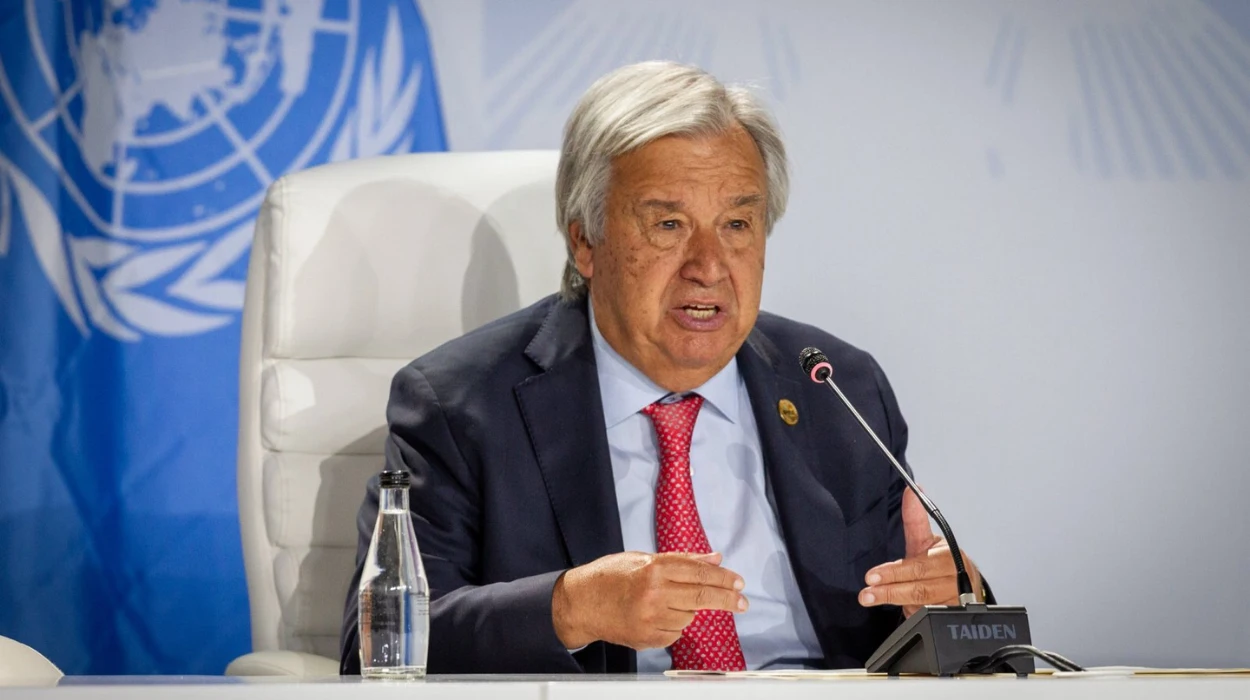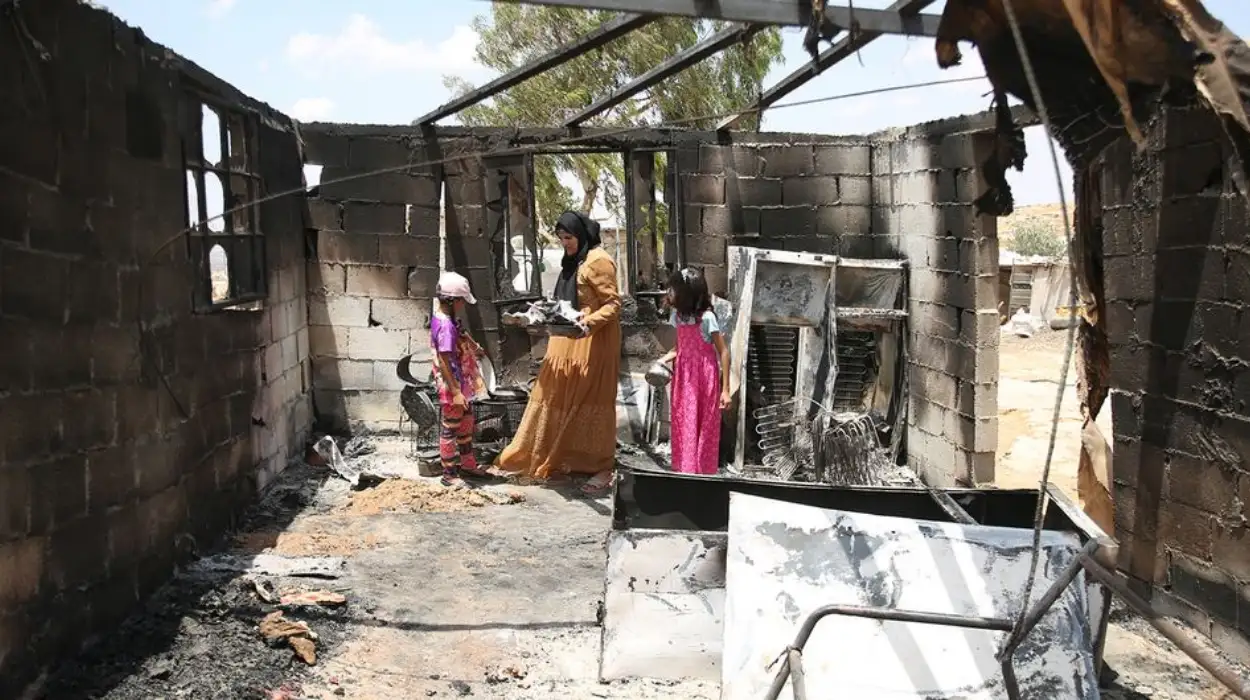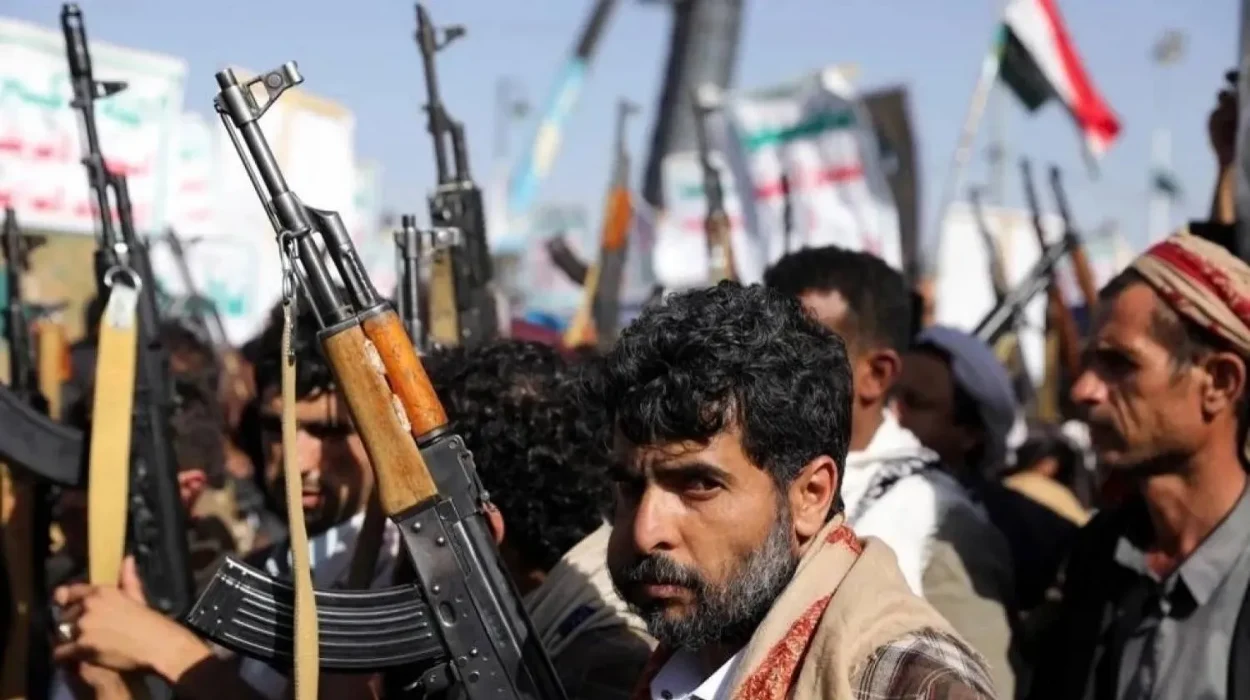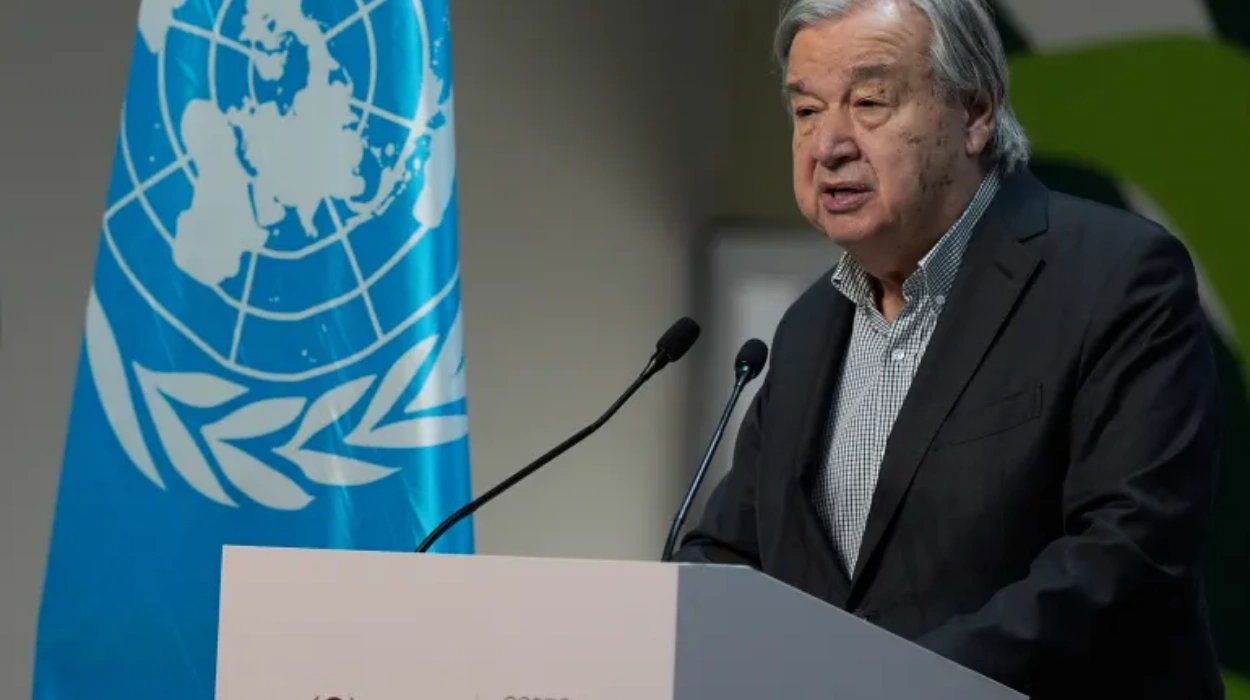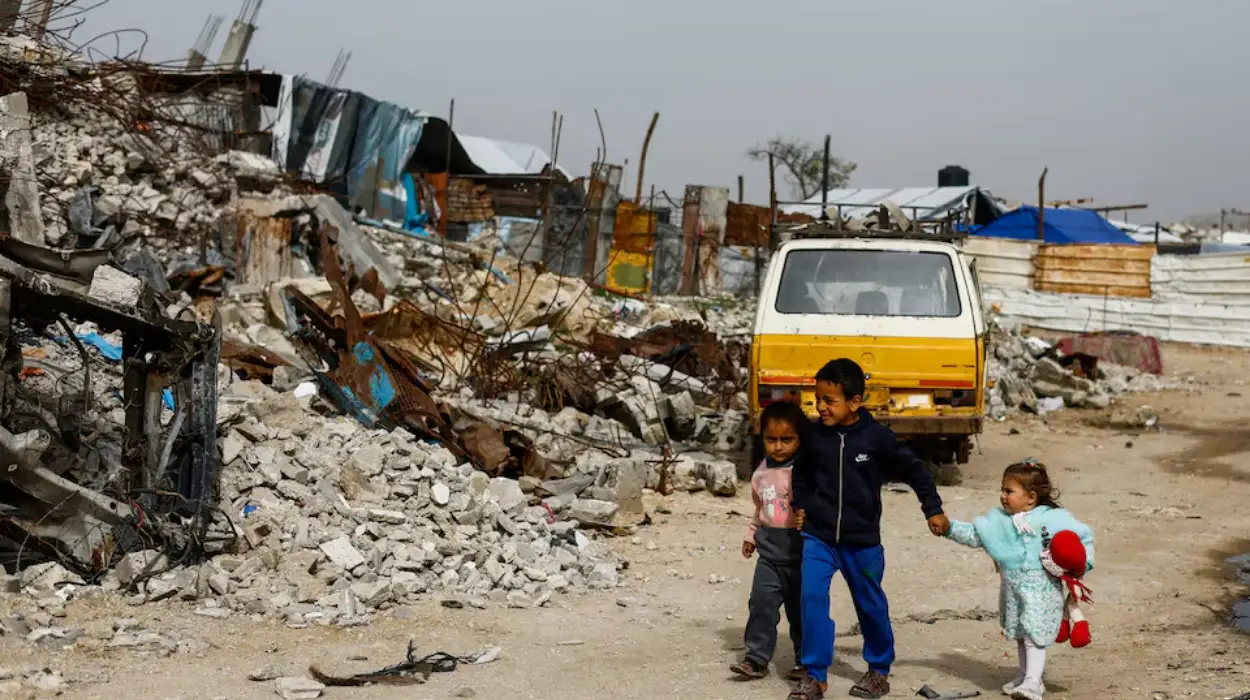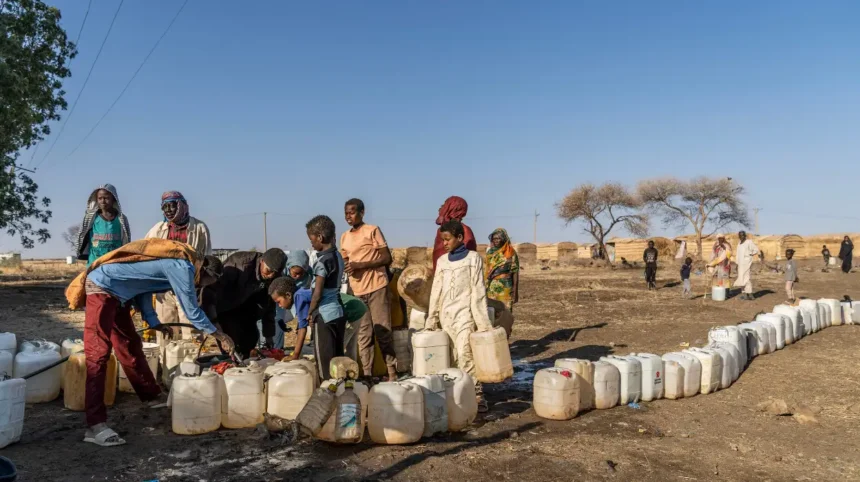A new initiative from UNDP, backed by the Kuwait Fund for Arab Economic Development (KFAED), aims to deliver clean, safe, and reliable water to more than 500,000 individuals in Sudan, encompassing internally displaced persons (IDPs), refugees, and members of host communities.
Delivering water to communities most impacted by Sudan’s ongoing crisis—where over 12 million people have fled violence and face increased risk of disease, food insecurity, and economic hardship—is the goal of the 12-month project, Enhancing Access to Water Infrastructure for IDPs, Refugees, and Host Communities. The initiative will be carried out in 24 high-need regions throughout four states, with funding provided by a US$2 million grant from KFAED.
“This support could not come at a more urgent time, as over 17 million people lack access to safe water,” stated Abdallah Al Dardari, the UNDP Regional Bureau for Arab States’ director and assistant secretary-general. “Hundreds of thousands of people will benefit greatly from this project, which will improve health, ease tensions over limited resources, and aid in the dignified recovery of communities.”
According to Waleed Shamlan Al-Bahar, Acting Director-General of the Kuwait Fund for Development, “this grant ensures the State of Kuwait’s firm commitment to alleviating human suffering and improving the living conditions of communities and individuals at both regional and international levels.”
In order to promote long-term sustainability and reduce carbon emissions, the project will build and renovate 24 solar-powered water systems. Infrastructure for protection, distribution, and overhead storage will be included in every water yard. This will bring clean drinking water within a 30-minute walk for over 500,000 people.
In order to guarantee sustainability over the long run, UNDP will educate 48 local water and solar specialists and collaborate with communities and local authorities to form 24 Water User Associations and put up cost-recovery and maintenance procedures. While keeping water supplies free for regular family use, these organizations will assist in managing and maintaining the water systems and collect minimal commercial-use fees to fund operations and maintenance.
The initiative is a component of UNDP Sudan‘s larger work in the humanitarian-development-peace nexus, which encompasses social cohesion, livelihoods, healthcare, local government, and access to basic services. Over a million people have benefited from UNDP water infrastructure projects in the past, which provide priority communities with 16 million litres of clean water every day.
UNDP Sudan Resident Representative Luca Renda stated, “With Kuwait’s support, we’re not only improving health – we’re helping reduce pressure on host communities and create local ownership and long-term resilience.” The feasibility of recovery initiatives, which are desperately required in addition to humanitarian aid to help Sudan’s people endure the current crisis, is well demonstrated by projects such as this one.


